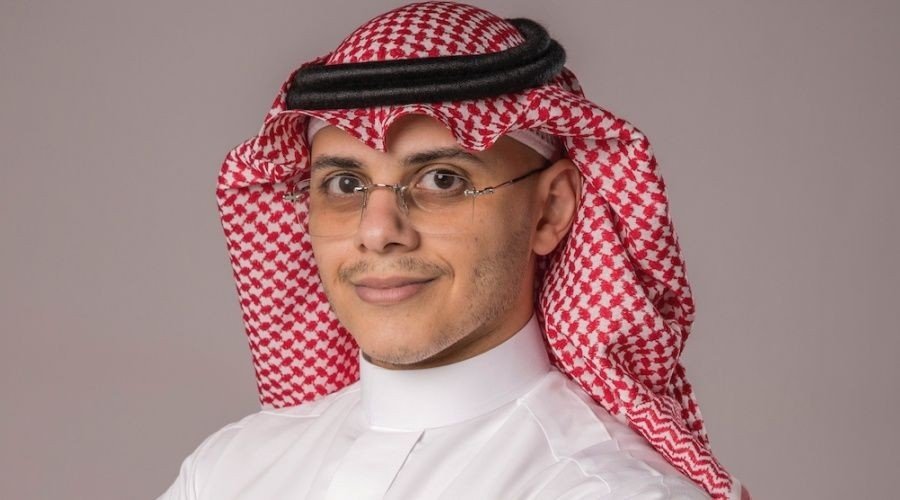In Riyadh’s bustling districts, a multi-billion-dollar technology transformation is underway as Saudi Arabia races to establish itself as the Gulf’s premier tech hub. Central to this vision is the National Technology Development Program (NTDP), launched in 2020 as part of the broader Vision 2030 initiative. With a $430 million capital base spanning six initiatives, the NTDP focuses on cultivating local talent and strategically attracting proven tech expertise — particularly from Egypt’s most advanced startups.
A flagship effort within the program is the “Relocate Initiative,” which offers state-backed incentives including up to $1.4 million per company in non-dilutive grants, comprehensive relocation support, and employment subsidies. This program is designed to entice promising startups from innovation centers like Cairo and Alexandria to establish operations in Saudi Arabia.
Si-Ware Systems, a Cairo-based leader in MEMS (Micro-Electro-Mechanical Systems) and spectral sensing, is among the first to capitalize on this opportunity. With 15 years of experience and partnerships with Saudi industrial players to co-develop chip technologies, Si-Ware recently opened a dedicated office in Riyadh, funded in part by a grant from the NTDP’s Saudi National Semiconductor Hub.
“This expansion isn’t just about growing our presence,” said Dr. Hisham Haddara, Founder and CEO of Si-Ware. “It’s a testament to our belief in the region’s potential to lead in deep-tech innovation.” The Riyadh office will focus on next-generation MEMS and inertial sensing devices, critical for sectors such as automotive and energy, with applications ranging from oil composition analysis to food protein measurement. Si-Ware’s growth follows its successful exit with the sale of its NeoSpectra near-infrared platform to Swiss firm BÜCHI Labortechnik AG — a landmark for Egyptian deep-tech founded on indigenous IP.
Si-Ware’s journey highlights challenges faced by deep-tech ventures in the Middle East and North Africa (MENA), where venture capital has traditionally favored software and fintech over hardware. Haddara noted the company’s bootstrapped origins, raising $19 million in equity and supplementing it with $20 million in contract revenue due to cautious investment landscapes.
Another notable Egyptian startup, Qara, specializes in supply chain technology and recently secured $2.6 million to fuel its Saudi expansion under the NTDP’s Relocate Initiative. Qara’s AI-driven platform enables real-time product authentication and traceability, combating counterfeit goods and inefficiencies. Its app “Asly” lets consumers verify authenticity via QR codes, enhancing transparency across industries like electronics and pharmaceuticals. Qara has authenticated over 28 million products and serves 50,000 users in Egypt, Saudi Arabia, and Kenya.
Hassan Abouzeed, Qara’s Co-founder and CEO, said, “After three years of success in Egypt, we are excited to expand into Saudi Arabia, where our solutions perfectly align with Vision 2030’s goals to digitalize and secure supply chains.”
Expanding beyond software, Cairo-based Simplex CNC, a manufacturer of Computer Numerical Control machines for industrial automation, signed a memorandum of understanding with Saudi Arabia’s National Center for Industrial Development (NCID) to build a $13 million factory in Riyadh. Scheduled to begin operations in 2026, this 20,000-square-meter facility marks Simplex’s first manufacturing plant outside Egypt.
Co-founder Mohammed Mansour remarked, “Saudi Arabia is more than a market to us — it is a regional hub for growth. The Kingdom’s industrial transformation presents substantial opportunities for deep-tech manufacturers like Simplex.” This move reflects Saudi Arabia’s policy shift toward reducing import reliance and boosting global competitiveness through localized advanced manufacturing.
The NTDP’s wider support framework complements the Relocate Initiative with five other programs:
- Venture Debt Initiative: $150 million for non-dilutive capital to Series A startups.
- TechCrew: $78 million fund subsidizing local tech talent salaries.
- Boost: $46 million offering monthly stipends to founders for up to 12 months.
- Connect: $42 million to help SMEs qualify for national tech projects.
- Bridge: Up to $1.3 million for mature tech companies pursuing global expansion.
As Egyptian deep-tech startups increasingly expand to Saudi Arabia, questions arise about whether this constitutes brain drain or a strategic regional realignment. Founders like Haddara see it as expansion rather than abandonment, maintaining core R&D in Egypt — recognized globally as a rising science and technology cluster ranked among the top 100 innovation ecosystems in the 2024 Global Innovation Index.
Saudi Arabia’s unmatched financial backing and market scale provide an unparalleled runway for growth. In a market historically dependent on technology imports, the NTDP’s strategy signals a transformative shift. By empowering Egypt’s leading innovators with capital and access, Saudi Arabia is not only building a tech hub but also shaping the future technological landscape of the broader Middle East and North Africa region.















